After a hectic weekend in Dallas for winter SPC, freshman Thea Popovic wasn’t feeling well when she returned home. Although Popovic attended school on Monday to make up assessments that she had missed the previous week, she decided to stay home on Tuesday. Yet she spent the day studying instead of letting her body rest.
The intersection of competitive academics and sports take similar tolls on many student athletes, especially when teams miss class to compete.
Junior Avery Peakes plays volleyball, basketball and softball at school along with club softball. Her busy schedule forces her to communicate with teachers and classmates to stay on top of her studies. Although Peakes attends tutorials and borrows notes from her peers when she misses class, a friend’s summary doesn’t always encompass the context that teachers add to their lessons.
“You don’t always get all the connections unless you’re actually there,” Peakes said.
According to Peakes, athletes who play outdoor sports miss the most school. Peakes often misses her last class or two for softball games, which typically begin at 4 p.m. because many fields do not have lights. However, she does not miss school on volleyball and basketball game days.
Junior Eliza Perrin has accumulated countless absences traveling across the nation with her Pride field hockey club. Perrin’s team travels and stays together during tournaments, leaving her with little flexibility to find study time.
“Not only do I have less time to do homework, but I’m also more distracted,” Perrin said.
Perrin has found a support system in her Pride teammates, many of whom also attend St. John’s. Perrin and her teammates hold study sessions in hotel rooms and on plane rides, holding each other accountable not just athletically but academically as well.
“Just because we’re missing school doesn’t mean we don’t care about it,” Perrin said.
For Popovic, who plays year-round club soccer and is a tri-sport athlete at SJS, balancing school and sports comes down to knowing when to say no. On most weekdays, Popovic finishes club practice at 9 p.m., leaving her with little time for homework. When she became overwhelmed by the workload of honors classes during cross country season, she would occasionally skip morning practice to sleep in and reset for class that day.
“I prioritize school, but I’ll always go to sports unless I’m actually behind,” Popovic said.
When her soccer team holds team dinners after practice, Popovic also says no from time to time. Even when she does attend, academics often linger in the back of her mind.
“I just talk about school the entire time,” Popovic said. “Then there’s no reason for me to go at all.”
For Perrin, saying no means prioritizing her sleep schedule. When people text her late at night, her phone will be on Do Not Disturb.
“I’m checked out,” Perrin said.
When caught up in a seemingly endless cycle of school and sports, Perrin stresses the importance of finding a balance. To her, this means honing in on physical recovery and finding time to visit the training room during her free periods. Even when hooked up to the NormaTec recovery machine, Perrin will study a Quizlet or read a book at the same time, allowing her to double-task while taking care of her health.
Although balancing school and sports can be physically and mentally draining, Perrin, Popovic and Peakes believe that sports should allow student athletes to clear their minds.
“If we can’t have any fun, then we’re not doing our best work and we’re not being our best selves,” Perrin said.



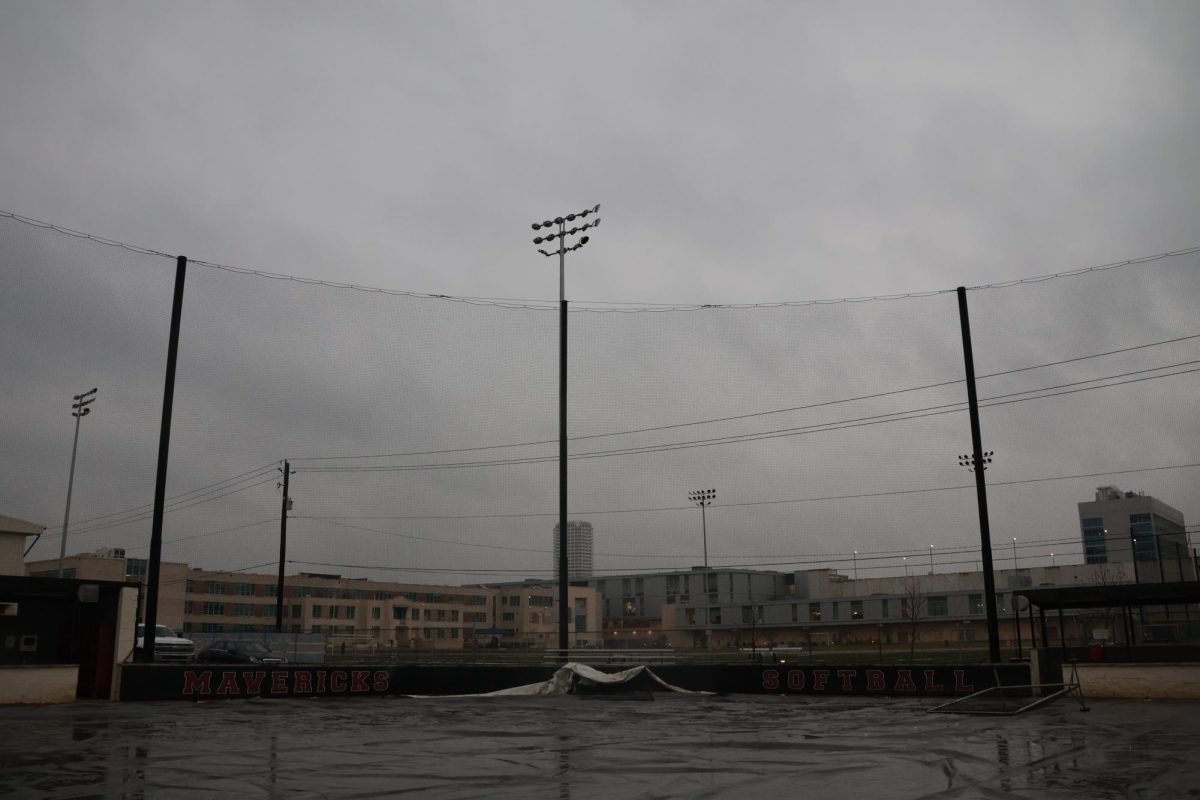

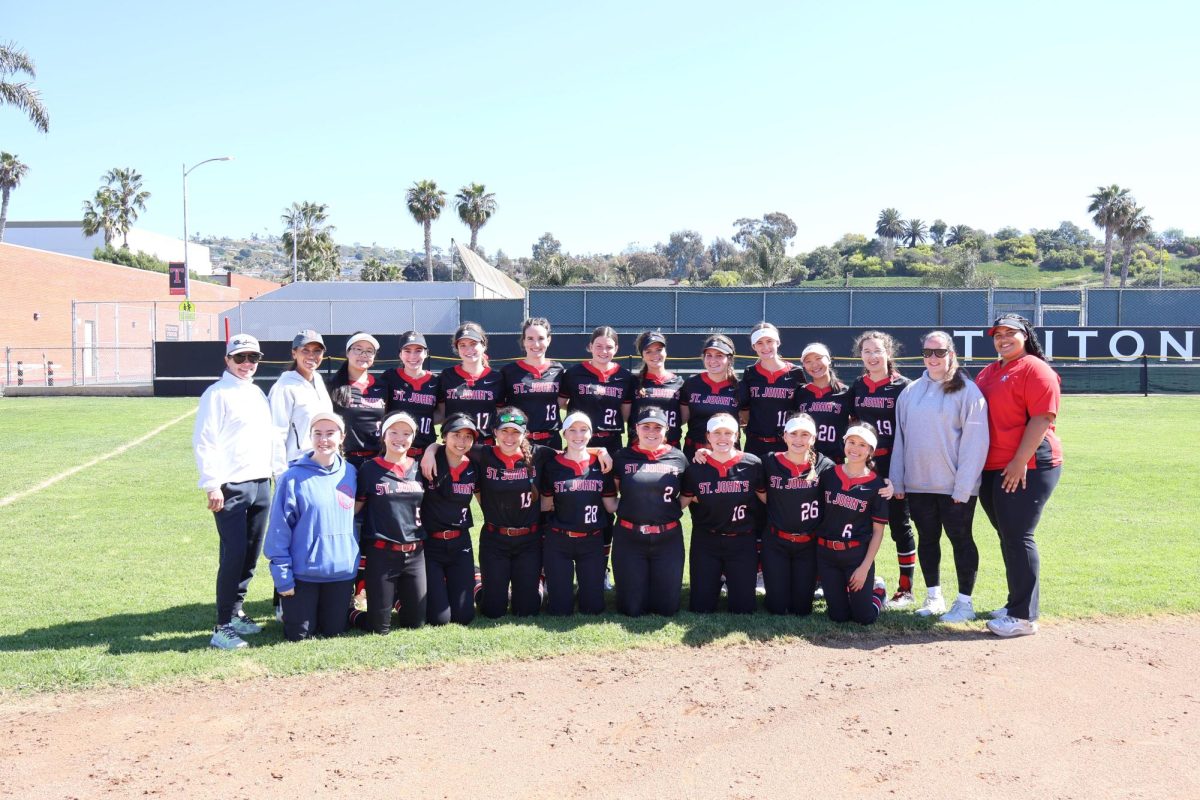
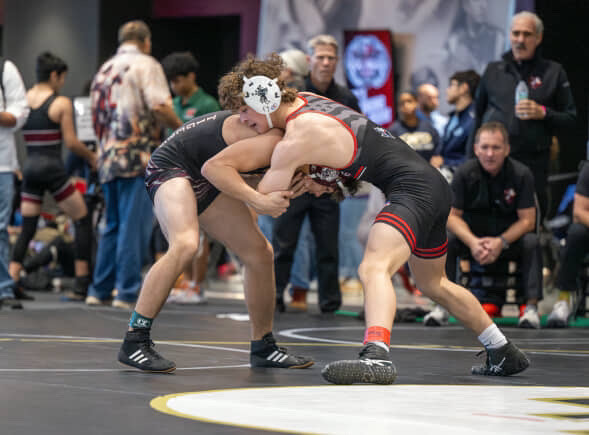
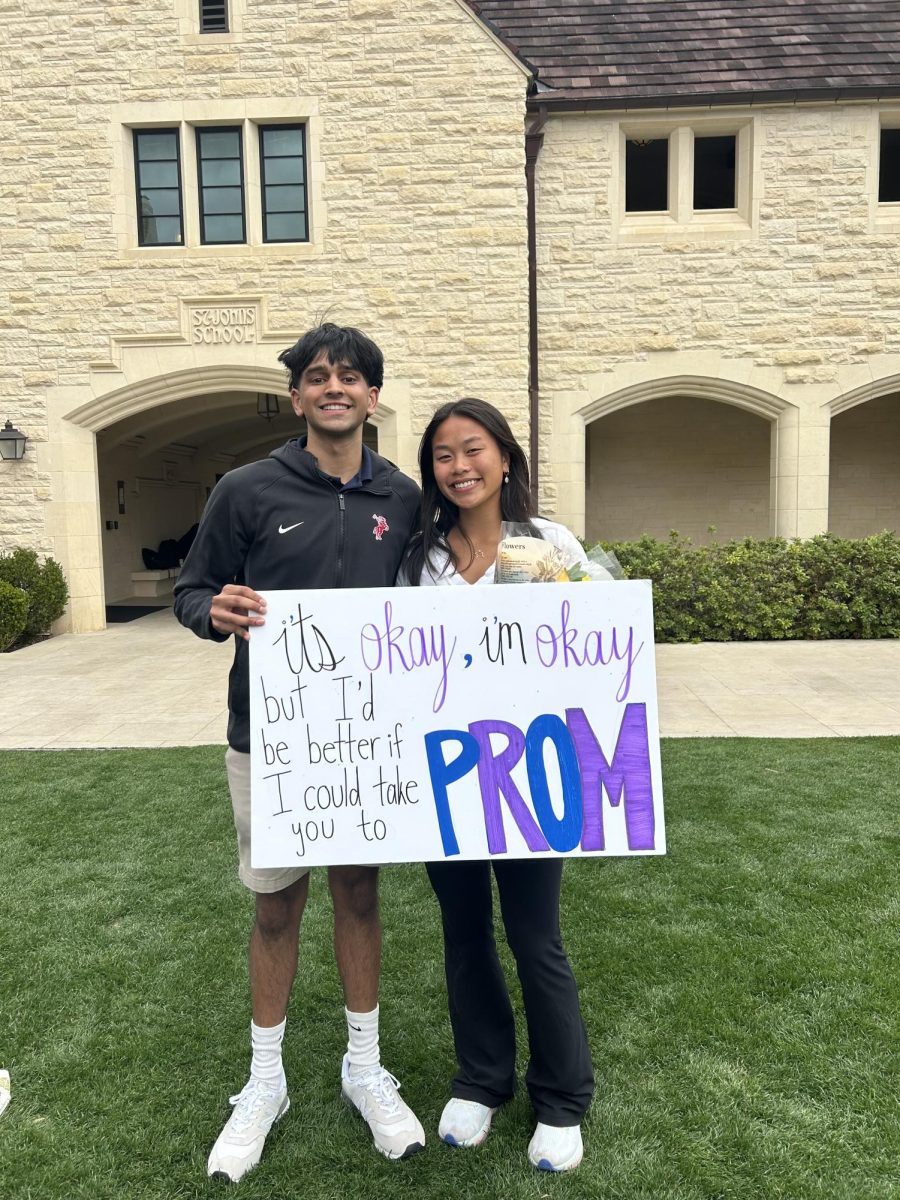
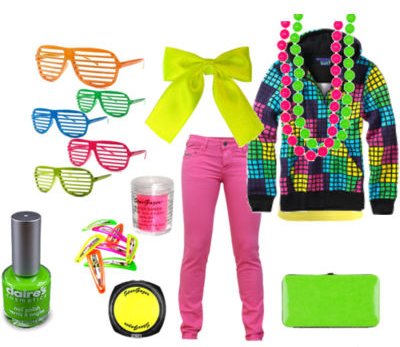

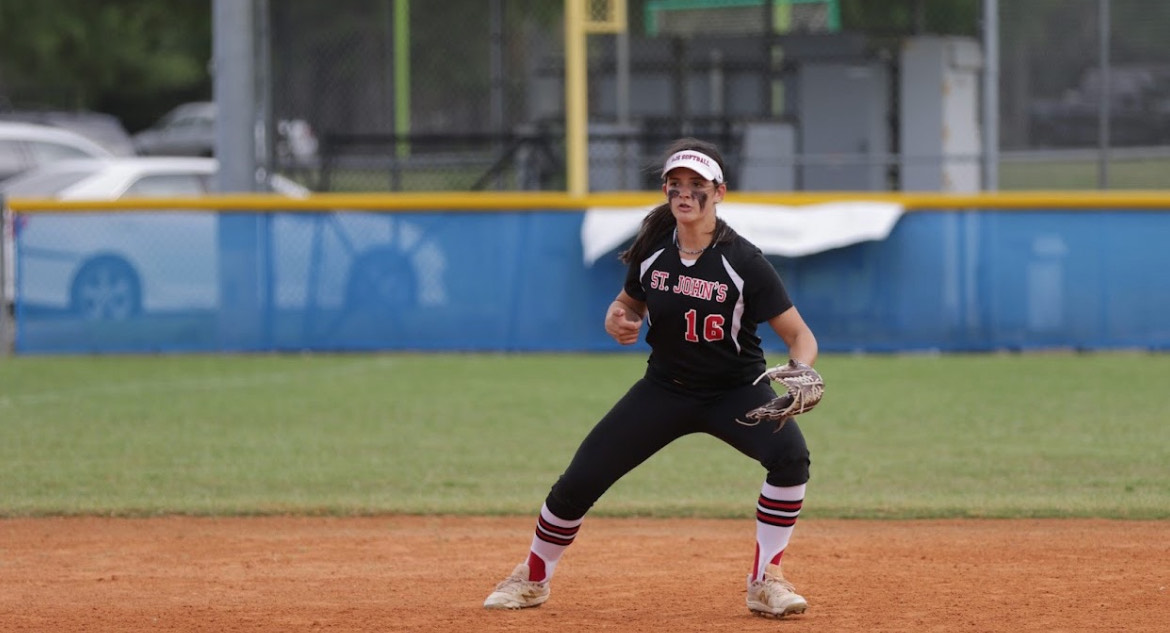
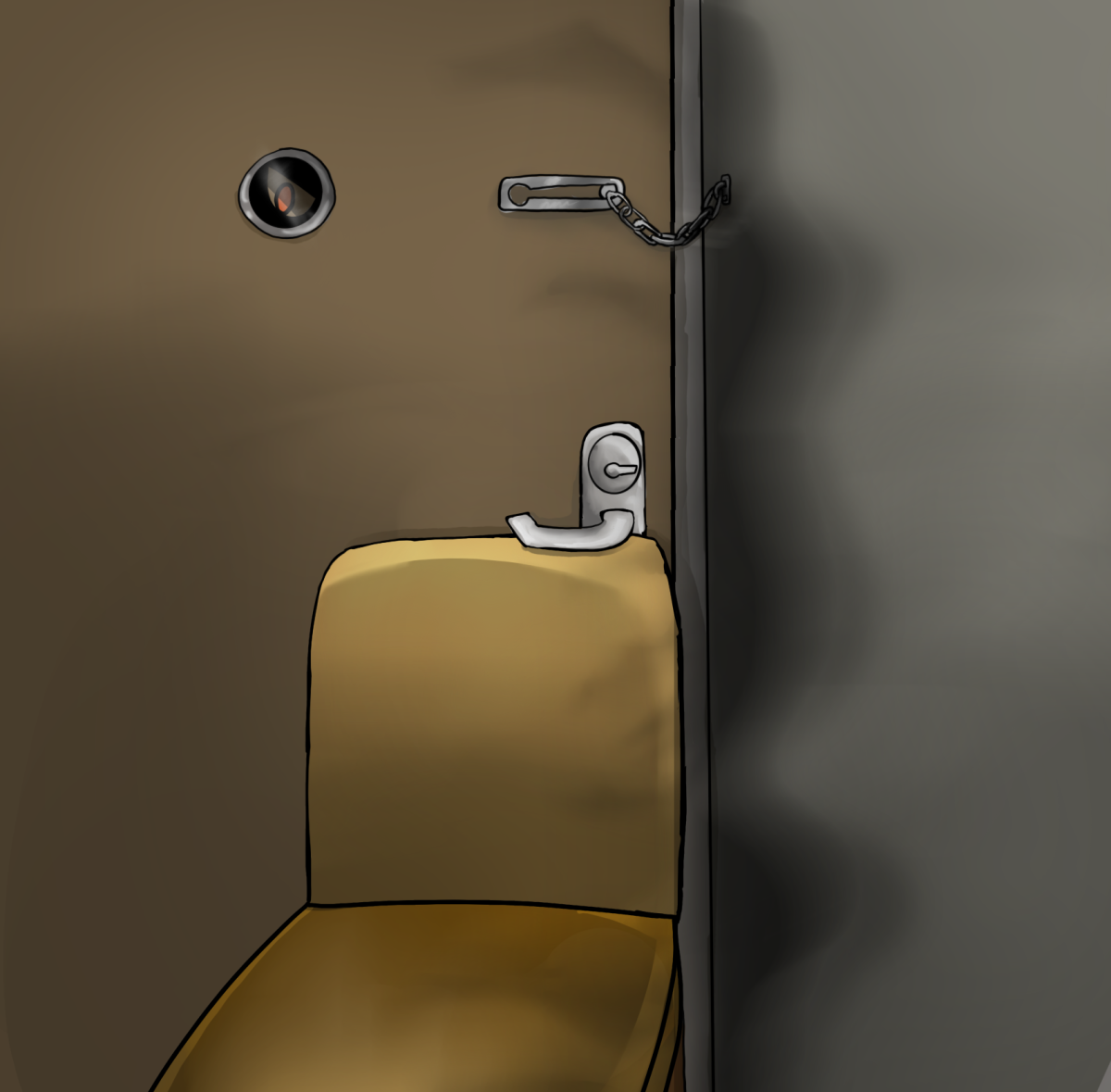
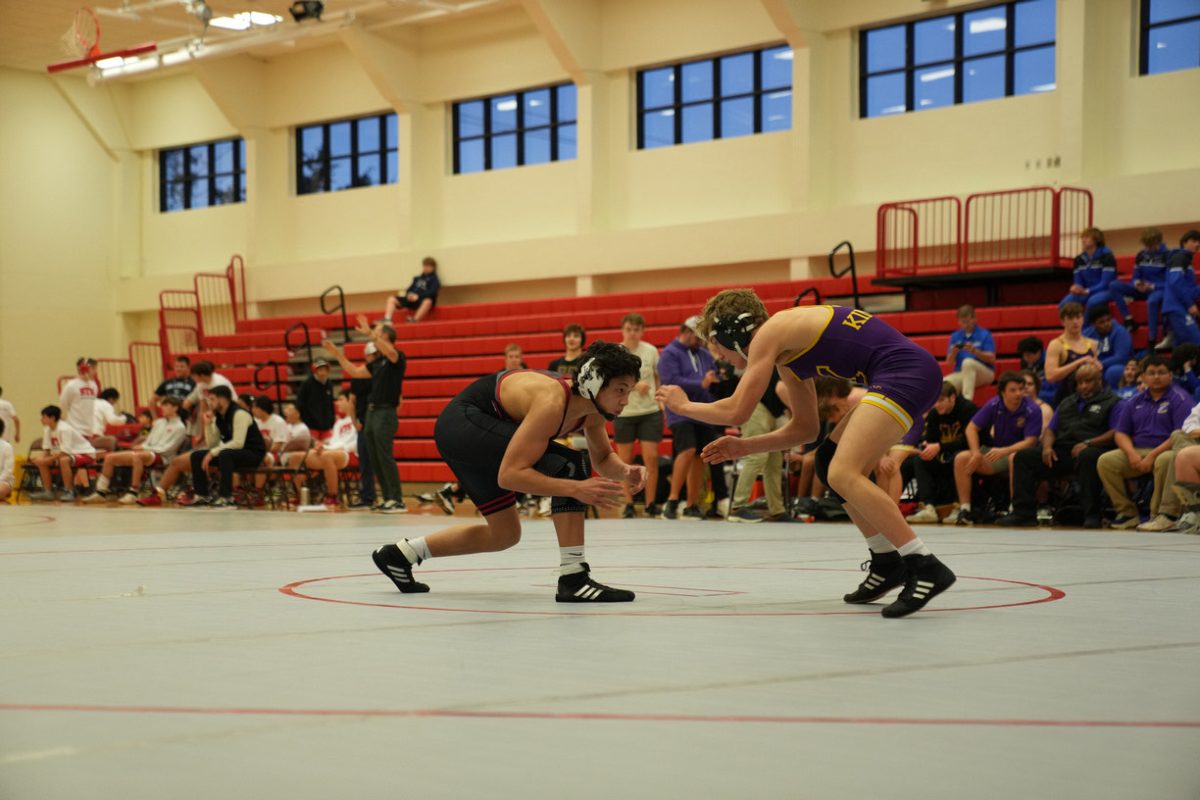

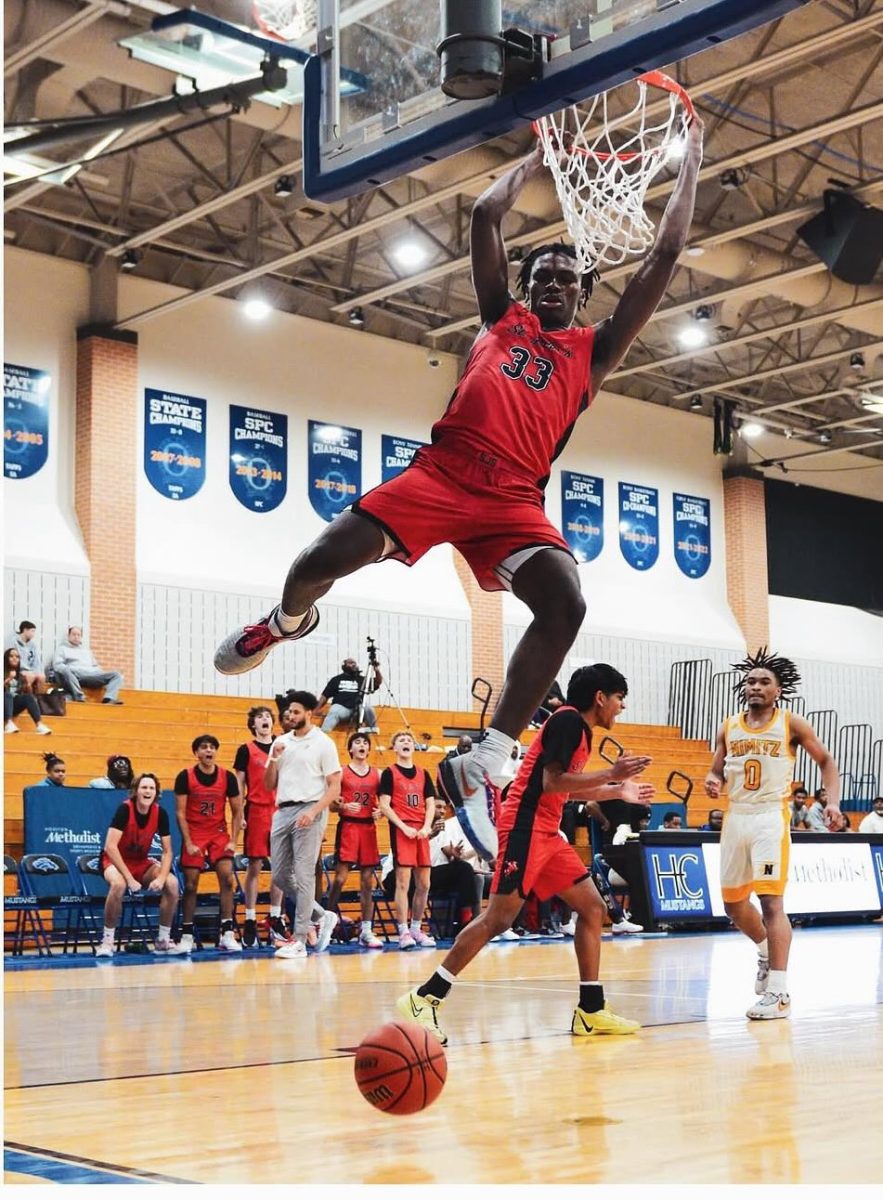
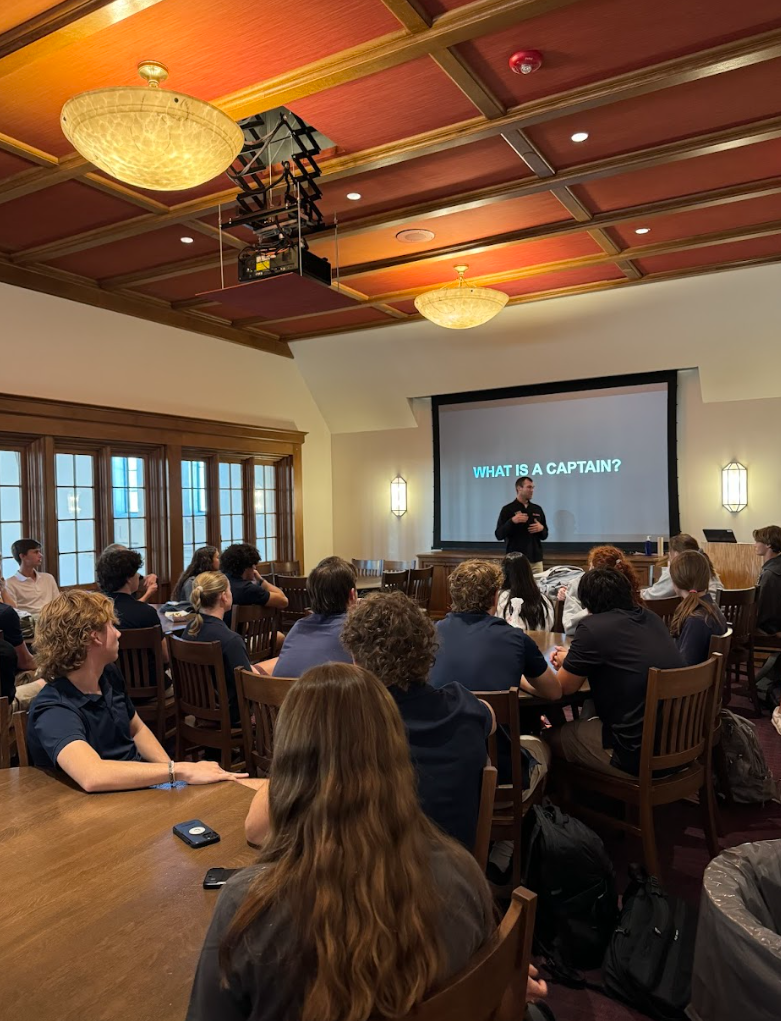
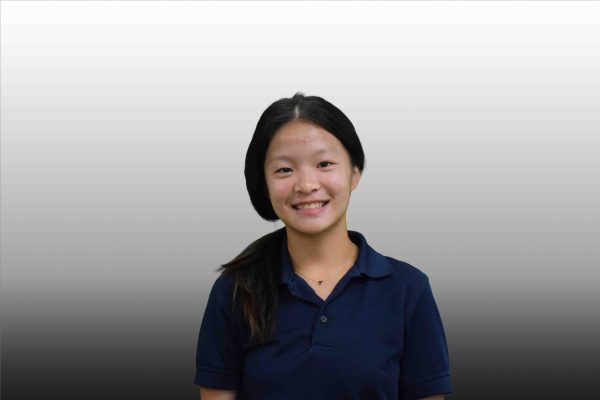
Sarah S • Mar 22, 2024 at 9:10 AM
This is great, Yutia! The picture is also awesome!